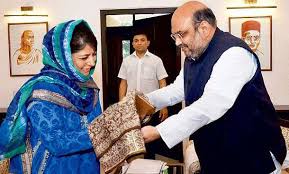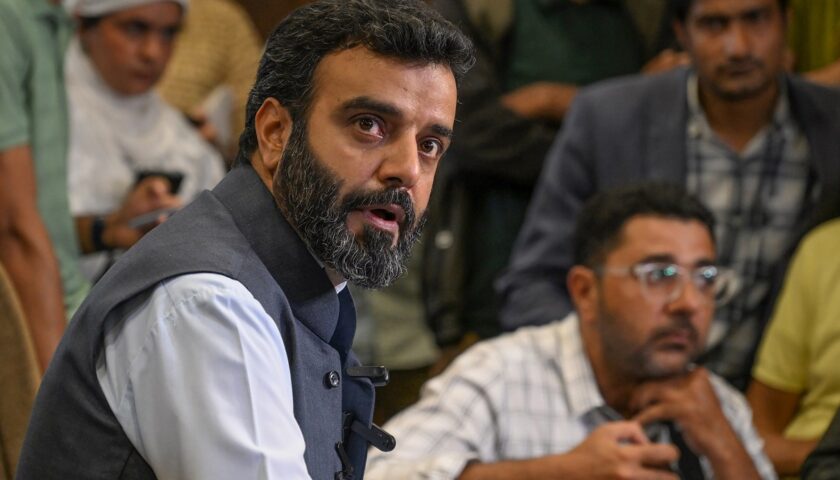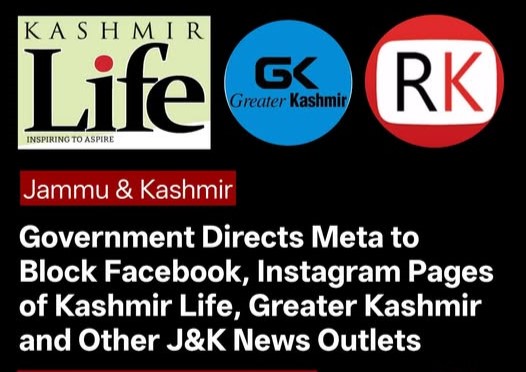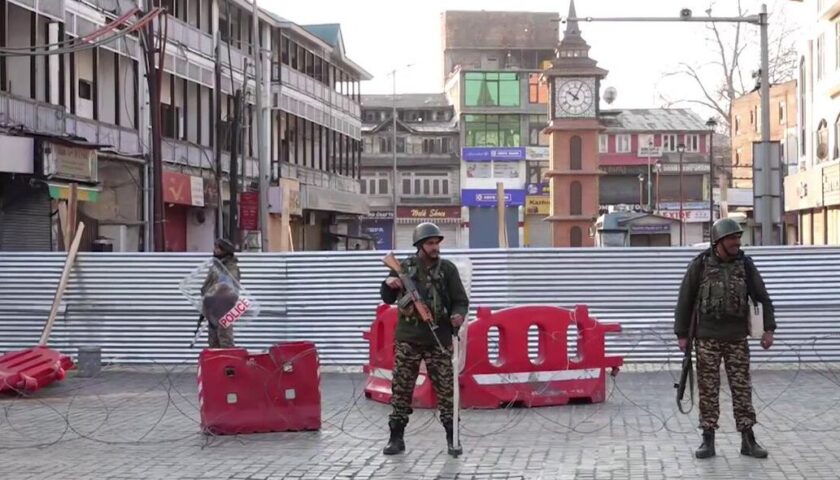The PDP-BJP rule in Jammu and Kashmir might have entered its third year, but the Agenda of Alliance (AoA)—the governance document of the coalition partners—has seen little progress on ground, especially with regard to the key political component of holding talks with the Valley’s resistance leadership. While some PDP leaders blame the “hostile situation” for delay in implementation of the AoA, many clearly appear anxious in the wake of fears that the party might “lose the ground” if steps are not taken urgently to “address the gaps.”
On May 31 this year, the Peoples Democratic Party vice-president Sartaj Madni reminded his ally Bharatiya Janata Party of its ‘commitment’ towards implementation of the Agenda of Alliance (AoA) which, among other things, talks of Kashmir resolution.
“The PDP is in alliance with BJP on a clear agenda of peace and dialogue on Kashmir agreed to by both the parties in the AoA. The party will follow this with fidelity and against all odds,” a statement quoted Madani as saying. He went on to caution the BJP against “confrontationist politics” and reigning of “provocative voices”, saying J&K was again sliding into a “vicious cycle of violence.”
The PDP-BJP coalition is in third year of its rule in J&K, but the alliance document that was termed as “sacrosanct” and “guiding framework for governance” by the PDP has seen little progress as far as its implementation on ground goes.
In fact, top leaders of BJP including its president Amit Shah and Ram Madhav, one of the architects of the AoA, have repeatedly ruled out any talks with separatists which forms one of the key political components of the agenda document that had brought together two ideologically-opposite parties in March 2015.
On April 29, Madhav, while ruling out talks with separatists, accused them of using people as “guinea pigs in their reprehensible politics of violence and separatism.” His remark was in sync with the stand the BJP-led government of India took in the Supreme Court a day earlier: that it was ready to hold dialogue with the “recognized parties” in J&K, but not with the separatists.
On the political front, apart from dialogue with Hurriyat, the AoA talks about furthering ties with Pakistan.
On the economic and security fronts, it lays emphasis on return of two power projects from National Hydel Power Corporation to J&K, and starting the process for revocation of Armed Forces Special Powers Act (AFSPA) and demilitarization.
While there has been no forward movement on all these key issues, it is now the volte-face by the BJP that has put the PDP in an awkward position, forcing its leaders to come out in public and talk openly about delay in implementation of the promises made in the AoA, and to seek reassurances from the BJP.
“There is a concern over (delay in implementation of) AoA. The reason we (PDP and BJP) came together was to work on the roadmap defined by Mufti Muhammad Sayeed and Atal Bihari Vajpayee for resolution of Kashmir. And for that, there is a written commitment in the form of AoA,” said Madni at PDP headquarters here.
In his June 1 statement, Madni cautioned that delay in implementation of the AoA was “killing” as the region is “back to vicious cycle of violence and poor Kashmiris are becoming its worst victims.”
To a question whether PDP was concerned that there has been little progress on the AoA, Madni evaded a direct response. “It is the only way forward and that is why we shook hand with them (BJP),” he said.
The party’s general secretary Nizam-ud-Din Bhat was more direct in his response. “Unfortunately there has been no progress so far and the process is yet to start,” he said.
However he attributed the delay in implementation of the AoA to “hostile situation” in Kashmir following the killing of militant commander Burhan Wani in July last year.
He said PDP took a “very difficult” decision to go with the BJP in 2015 and now, according to him, public support was a must for making things happen.
Bhat said the entire focus of the state government and New Delhi was on law and order situation in Kashmir. “Unfortunately things didn’t go our way so that we could have asserted ourselves and pushed for dialogue. We need public support given the BJP and Prime Minister Narendra Modi have got a huge mandate in the country,” said Bhat.
Following last year’s uprising and the humanitarian toll it took on the region, the party’s popularity has already fallen particularly in districts in south of Kashmir which had remained its stronghold in the past.
Since Lok Sabha polls are scheduled in 2019 and both BJP and New Delhi would not want to be seen conceding anything on Kashmir as far as dialogue with separatists and Pakistan is concerned, the job for the PDP becomes much tougher.
Senior BJP leader and state general secretary Ashok Koul said the agenda of alliance was about “good governance and development and there is no political component to it.”
“We are moving forward. We have announced medical colleges, sanctioned two AIIMS,” he said.
To a question that the AoA has political component that talks about Kashmir resolution, Koul said: “We won’t go and beg people to meet us. An all-party delegation came to meet them (separatists) but they shut their doors on them. We won’t be begging.”
A senior PDP leader said “things have frozen” and it is making “us feel panicky and adding to our worries”. He said there was also pressure from party supporters who have now started asking questions about (implementation of) the AoA. “It is the question of our survival…the struggle is getting tougher day by day,” said the PDP leader, wishing not to be named.
According to him, the party wasn’t also in the position to “cross the line” and “quit the alliance” in case things don’t move in coming few months. “There is no option but to convince BJP, otherwise we are not even in a position to go back to people,” said the leader.
Senior PDP leader and one of the architects of the AoA, Haseeb Drabu, said the alliance partners would have liked to have done much more both on the agenda of alliance and the developmental agenda between the coalition partners. But, he said, the situation that unfolded during the past more than two years hasn’t been conducive for delivering on the commitments made by the allies.
“Hopefully the worst has passed and we are still left with over three and a half years and we will deliver on each commitment made by us,” said Drabu.
To a question that there has been no progress as far as the political component of the AoA was concerned, Drabu said: “The agenda is not supposed to work on the ground. These are the political commitments between two parties and every item agreed upon in the agenda will be delivered during the tenure of this government.”




